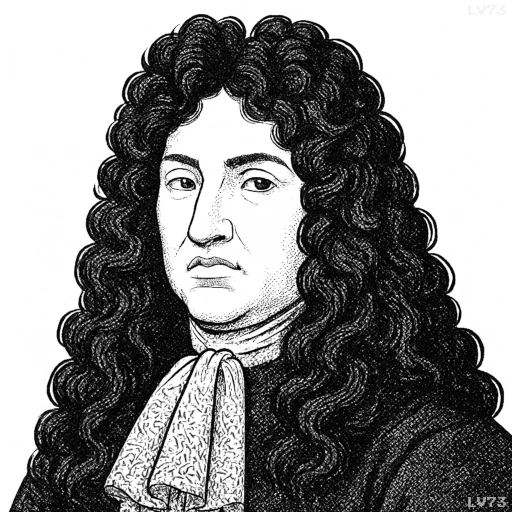“There is little that can withstand a man who can conquer himself.”

- September 5, 1638 – September 1, 1715
- Born in France
- King of France
table of contents
Quote
“There is little that can withstand a man who can conquer himself.”
Explanation
This quote by Louis XIV speaks to the power of self-discipline and self-mastery. It suggests that a person who has learned to control their desires, emotions, and impulses is a force that can overcome many external obstacles. The ability to conquer oneself implies not just the management of physical desires but also a mastery over pride, anger, and other inner conflicts. By overcoming oneself, the individual becomes more resilient, determined, and capable of facing challenges with strength and focus. The quote reflects Louis XIV’s own sense of personal authority, which he viewed as essential for a monarch, especially one ruling with the ambition and grandeur he sought to maintain.
Historically, Louis XIV was a monarch who embodied the idea of absolute control. He worked tirelessly to maintain his power and authority, not just through political and military means but through a careful, calculated approach to governance. His reign at Versailles was about more than just physical dominance; it was about creating an environment where order and discipline reigned supreme, both in the kingdom and within the court. This quote could be interpreted as reflecting Louis’s belief that true leadership required control over one’s emotions, desires, and actions. It was this self-mastery that allowed him to exercise unified authority without being swayed by the instability or passions that might lead others astray.
In modern terms, this quote is applicable to personal growth and leadership. It underscores the idea that true power comes from within, and that self-control is the key to overcoming external challenges. The ability to control one’s emotions and impulses is central to effective leadership, whether in politics, business, or personal life. Leaders who can master their own reactions are more likely to make rational decisions, maintain clarity of purpose, and inspire confidence in others. This concept is seen in contemporary figures who lead with a steady hand, often in times of crisis, when others might falter or act impulsively. The ability to conquer oneself, in this sense, is foundational to success and resilience in modern life.
Would you like to share your impressions or related stories about this quote in the comments section?
